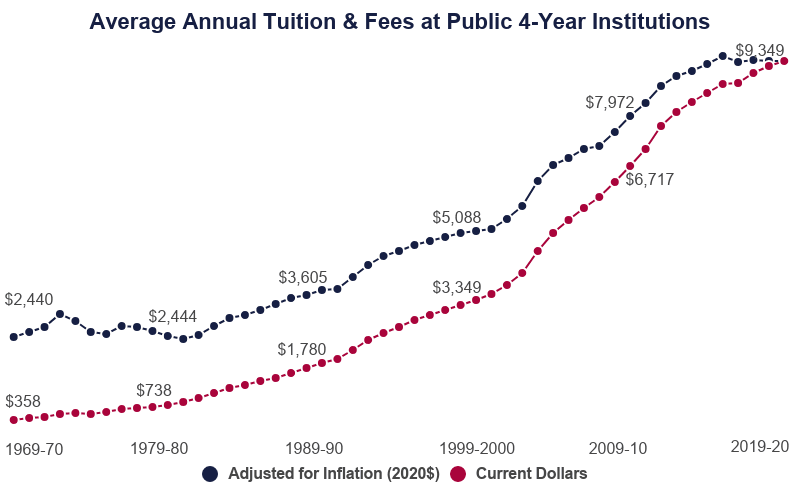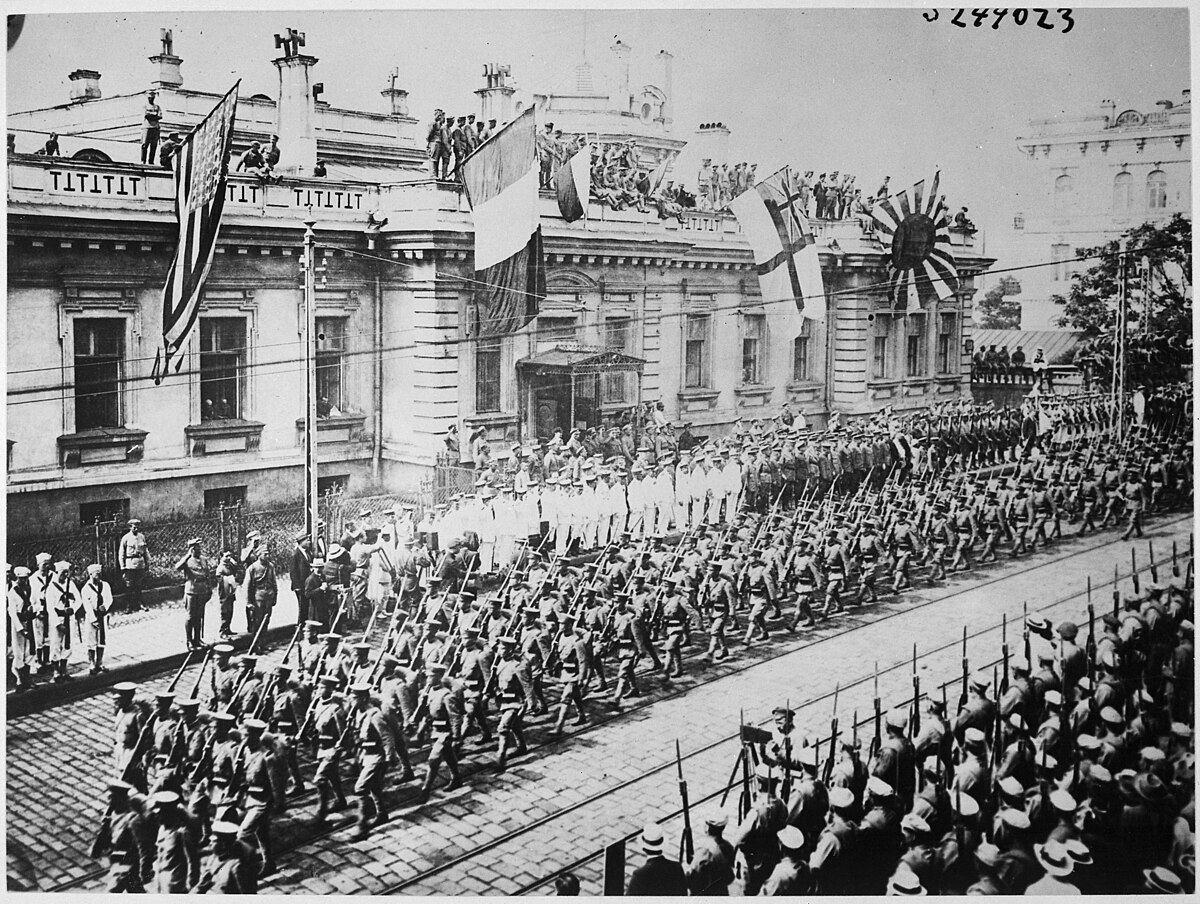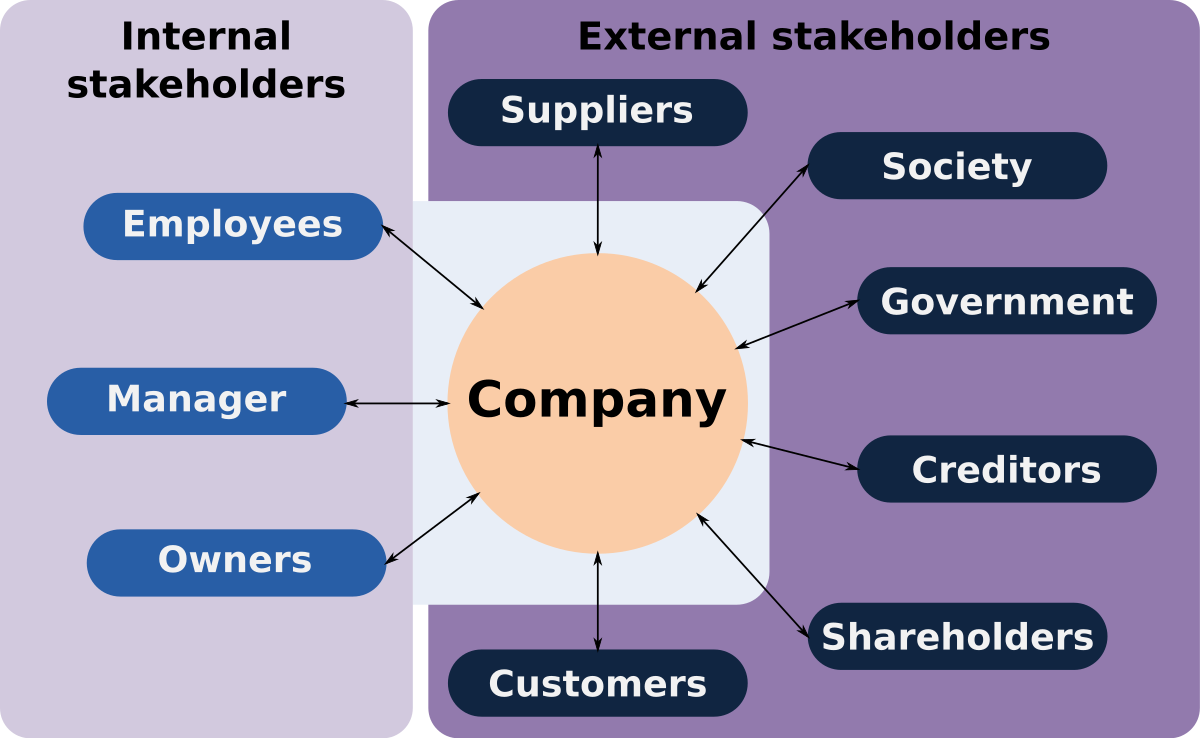Soupnazi630
Gold Member
- Dec 9, 2013
- 17,424
- 4,995
- 265
History proves you wrong and ignorantI disagree.
Without strict regulation, capitalism, (the profit motive), has always resulted on slavery, murder, theft, dictatorships, invasion, imperialism, colonialism, etc.





